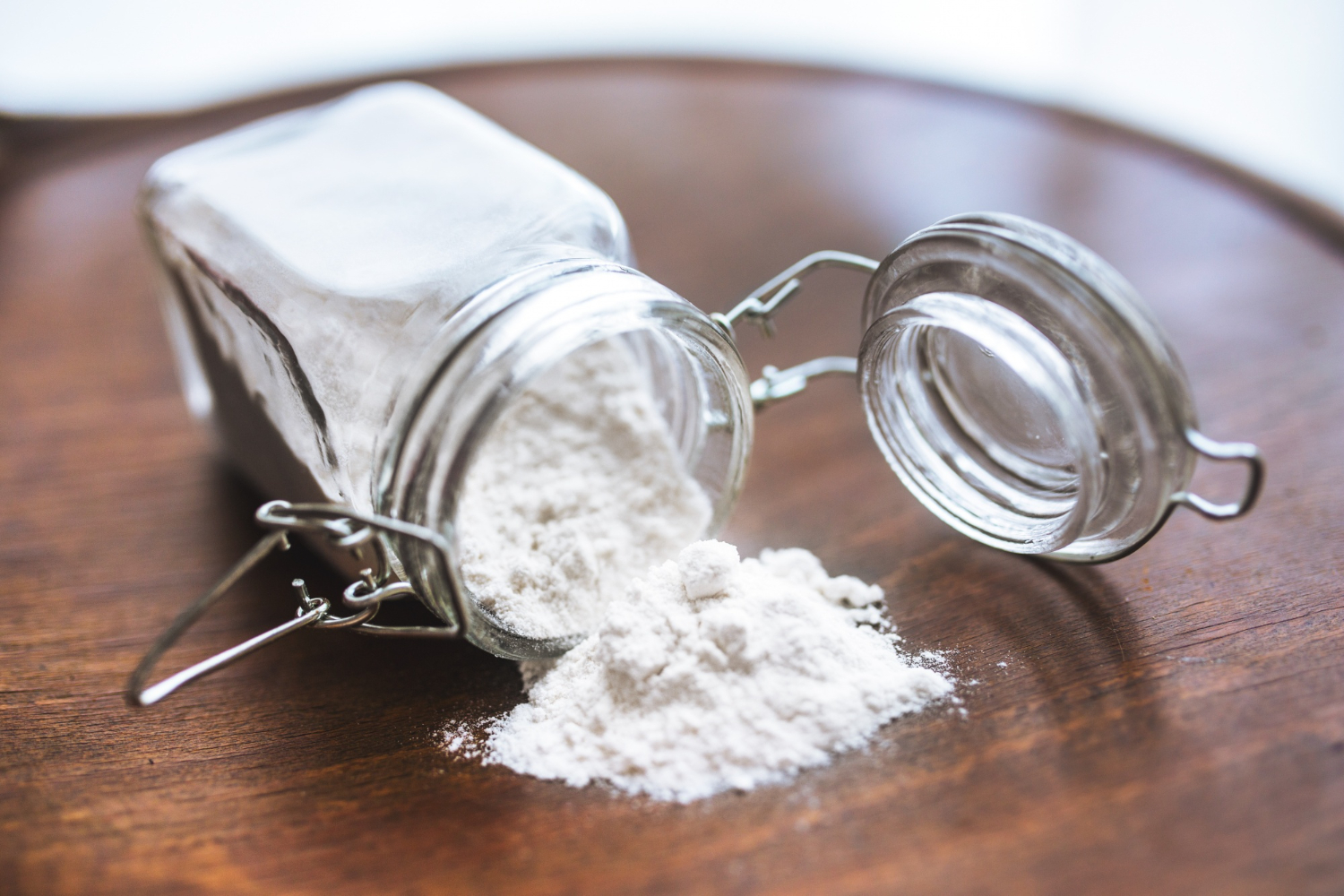Consumption of fermented foods has become fashionable lately. Among the many foods that undergo fermentation, sauerkraut is one of the most popular due to its ease of preparation combined with a minimum amount of ingredients – mainly cabbage and salt. How much salt should you add to sauerkraut? And is it really that important?
ContentHow much salt should you add to sauerkrautThe importance of using salt correctly when fermenting sauerkrautWhat to do if you added too much salt?
When it comes to making sauerkraut at home, using the right amount of salt is essential to a successful fermentation process. The best way is to do the calculation, as WomanEL found out thanks to Tasting Table.
How much salt should be added to sauerkraut
Start by determining the weight of your cabbage – weigh it after washing and chopping it so you can calculate just the exact amount you're fermenting. Then calculate the amount of salt needed using a ratio of 1½ teaspoons salt per 0.45 kg cabbage. If you like your sauerkraut saltier, you can increase the amount of salt to 2 teaspoons per 0.45 kg of cabbage. Alternatively, you can use a percentage calculation, where the salt used should be approximately 2% of the cabbage's weight.
These measurements are not set in stone, but merely serve as a starting point for a good balance of flavor and fermentation. Otherwise, you may want to make adjustments based on personal preference and environmental factors. For example, if you are in a colder environment, it is recommended to reduce the amount of salt to about 1.5%. On the other hand, if you have warmer weather, it may be helpful to add a little more salt (eg 2.5%) to slow down the fermentation process and prevent spoilage.
The importance of proper use of salt when fermenting sauerkraut

As you may have guessed, salt is used not only to improve the taste of sauerkraut. It plays a crucial role in the fermentation process. When combined with cabbage, salt promotes the growth of beneficial bacteria (in this case, lactobacilli) while inhibiting the growth of harmful organisms. This lacto-fermentation process preserves the cabbage, enhances its sour taste and increases its nutritional value.
Therefore, using too little or too much salt will significantly affect the preparation of sauerkraut. Too little salt can result in insufficient fermentation, resulting in a bland product or even spoilage because the growth of harmful bacteria is not sufficiently inhibited. This can lead to food safety problems. On the other hand, too much salt can inhibit fermentation, resulting in sauerkraut that is too salty and tasteless.
What to do if you added too much salt?
Don't worry: there is a simple solution. If you catch this early enough before the cabbage has fermented, you can dilute the excess salt by adding more cabbage or water to the mixture. But if you find that your sauerkraut is too salty after it's fully fermented, you can run it through fresh water to rinse off the excess salt. But use this method carefully, as your sauerkraut may be a little bland and you risk losing beneficial bacteria.
Another beneficial fermented food is kombucha. We have listed its benefits for your health here.

